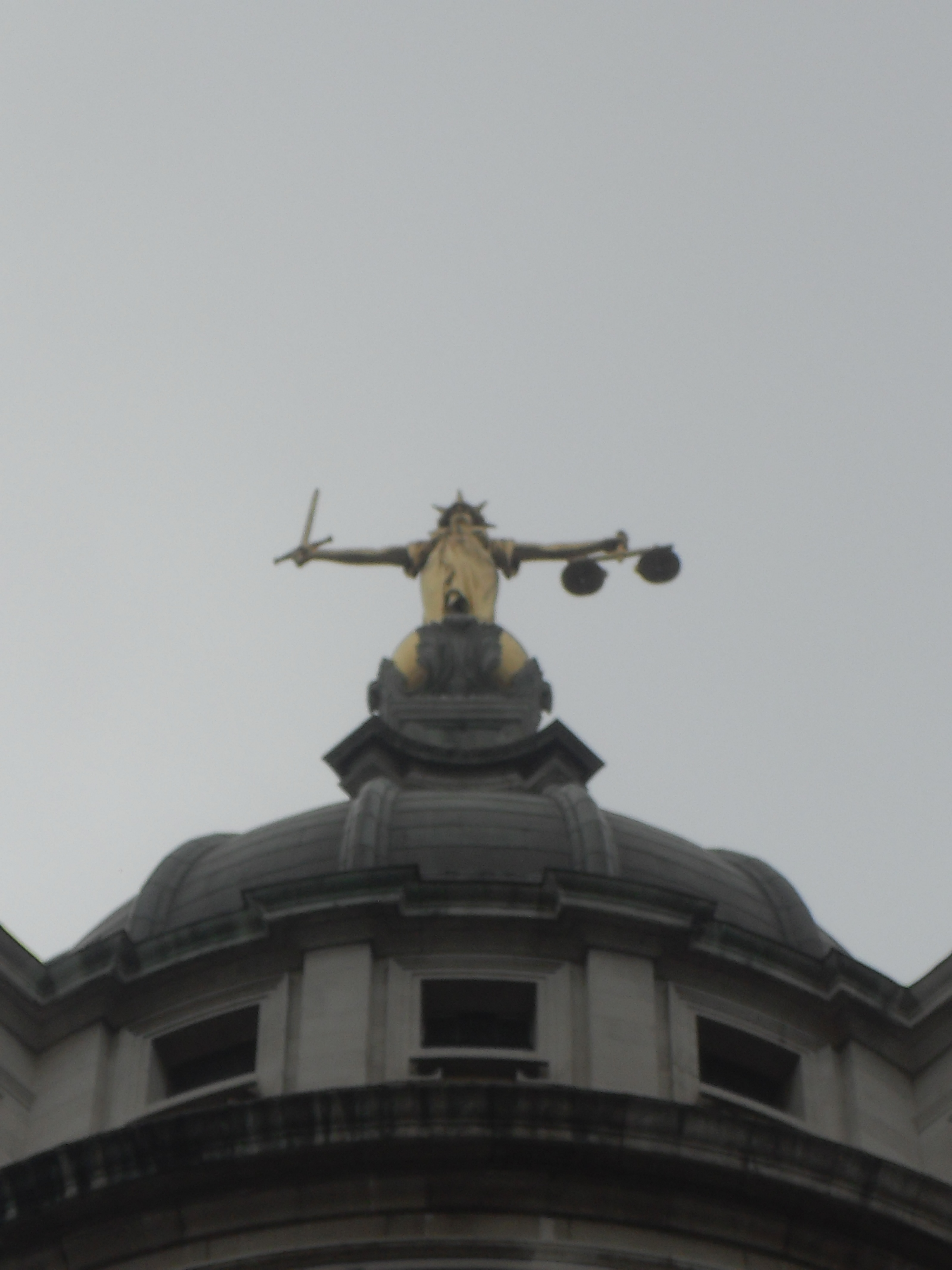

Divorce is a profoundly personal and often painful chapter in life. For many men in the UK, navigating the emotional,
Compassionate and Expert Legal Support for Life’s Most Sensitive Matters Family law issues—whether related to divorce, child arrangements, or financial
Support for Dads and Mums Going Through Separation & Divorce Going through a divorce or separation is never easy—especially when

Medical negligence claims require legal professionals with deep expertise, unwavering compassion, and a relentless commitment to justice. In Scotland, some

By Amanda Hamilton, Patron, National Association of Licensed Paralegals (NALP) Paralegals are an integral part of any law firm or

Boating accidents encompass a range of incidents on the water, including collisions, capsizing, falls overboard, and other mishaps that result

I have already written a relatively comprehensive article about how law students and, indeed, practitioners can use mindmaps to study

There has been much written on the best ways to study law. From personal experience, it was difficult to get first class grades in law exams without utilising the tool of mindmaps. The man credited with the invention of the mindmap is Tony Buzan. The below information details personal experience of their use, not necessarily Tony’s experiences.
How to Write a First Class Law Dissertation – My honours law dissertation, top tips and a great video from an ex-Cambridge professor. Enjoy!
How to write a bibliography to conclude your first-class dissertation There are three stages for completing an abundant and competent
The conclusion to your dissertation is, arguably, the most important part and is, therefore, potentially a major differentiator between a first class dissertation and a second class one.
There are three things which you should bear in mind:-
Notwithstanding, the House of Lords effectively got human rights wrong, thus paving the way forward for reduced protection of Article 6 in the UK. However, this area is not devoid of hope; to effect compliance with this framework, Montgomery must be overturned, which does not appear too remote a possibility given the extensive criticism of the case.
Creative argument is essential if you’re going to get a first. Perhaps only unless your tutor or professor doesn’t know the topic well can you get away rehashing old argument and ideas that have been discussed thousands of times before.
Separating a dissertation into manageable chunks from the initial stages of structural planning gives you freedom to start afresh to write about a different but related topic once concluding another section. Access to a court, for instance, is a separate right from the right for a trial to be heard and decided within a reasonable time. It, thus, merits a separate chapter with its own introduction, subsections and conclusions.
A certain English teacher, Sandra MacCallum, at Kyle Academy once taught that, sometimes, “you’ve got to put your foot into the icy water”. Don’t be afraid to come to powerful conclusions.
As noted in the previous post, one of the most important breakthroughs in writing your dissertation can come from spotting a gap where something has not yet been discussed. Once writing to fill that gap, it may be helpful to ask yourself what other angles there are to the debate. Or think about if the matter went to an official debate or, for law dissertations, to court. Think about creative arguments that an advocate might run and try to develop them yourself. Such development can lead to your getting a first rather than a 2:1.
Another thing that truly separates a first class dissertation from a second class one is discussion of ideas and issues that have never before been discussed. The following is an example of such a proposition and discussion, all of which stemmed from one footnote in an academic article that said a certain proposition “had never been discussed before in the courts of the UK”. Finding this loophole was essential to the dissertation’s success.
Tip: Suggest Improvements for the Future It may be that, in the course of the research for your dissertation, you
Having set the scene, it is time to delve straight into comment and opinion, drawing on relevant facts and law where required. Where possible, suggest ways in which events or decisions could have been improved and do not be afraid to say that commentators, judges or even powerful institutions, like the ECJ, got it wrong.
Comment on writing the first main chunk of your first class dissertation